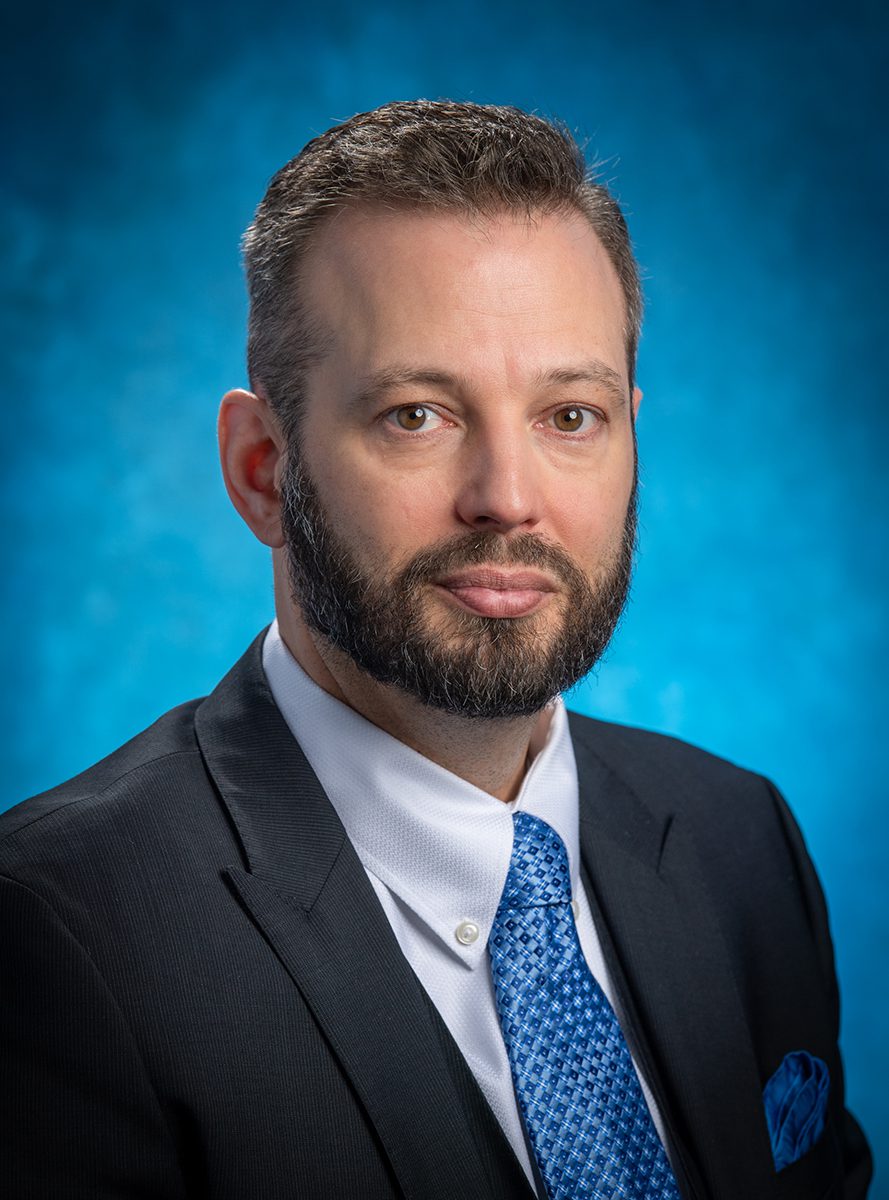Turn on TLC any given day and you’ll likely catch a “My 600-lb. Life” marathon in progress. In 85 minutes, a person weighing in at 600 lbs or more will try to change their life through diet, counseling, exercise and – most dramatically – bariatric surgery. Viewers get a first-hand look at each patient’s incredibly difficult weight loss struggle.
For many people across South Jersey, bariatric surgery isn’t just the stuff of reality TV. In real life, these medical procedures have helped many people lose significant amounts of weight. But as SJ bariatric surgeons point out, there’s more to weight loss than what you’ll see in a TV episode.
It’s not cosmetic

Adam Goldstein, DO
Liposuctions, tummy tucks, gastric sleeves – it’s all weightloss surgery, right? Not exactly. Cosmetic procedures like liposuction or tummy tucks can drastically change someone’s appearance. Bariatric surgeries change the way the body functions.
“Bariatric surgery rewires your digestive system to help you lose weight,” says Adam Goldstein, DO, a surgeon at Jefferson Health – New Jersey General & Bariatric Surgery. “It’s a very serious procedure that comes with health risks and benefits, just like any other surgery.”
There are different types of bariatric surgeries, he notes. Some limit how much food a person can eat, others change the way the body absorbs nutrients. Some even do both. But it’s not for just anyone who wants to lose weight.
“Patients need to have a body mass index of over 35, which is a calculation made based on your height and weight,” says Goldstein. “Often, to qualify, patients have to have coexisting health complications. This isn’t a decision you take lightly just to shed a few pounds.”
Obesity isn’t a choice
Some people look at weight gain as a personal failure, as if bariatric patients made bad food choices and got themselves into their situation, says Keith Kreitz, MD, a bariatric surgeon at Inspira Medical Group Bariatric Surgery. Decades worth of data strongly suggests that obesity is a genetic disease, not just a by-product of an unhealthy lifestyle.
“Obesity is the second strongest genetic characteristic – the first being your height,” says Kreitz.
That’s not to say weight gain can’t be controlled. But for those genetically predisposed to obesity, diet and exercise sometimes just aren’t enough. Kreitz says the medical community has come around to accepting this fact – especially since the National Institute of Health labeled obesity a disease in 2013 – but the same shift hasn’t occurred among the general public.
“There are still a lot of stigmas that come with obesity,” says Kreitz. “Sometimes people need medical help, and they shouldn’t be afraid to seek it.”

Keith Kreitz, MD
Surgery isn’t a quick fix
There’s this idea that bariatric surgery is a simple procedure where a patient’s weight loss will happen quickly and easily. That just isn’t true, says Kreitz.
“It’s not like we just operate on them and it’s done,” he says. “It’s a lifelong commitment.”
Although surgery can change the way the body processes food and nutrients, it won’t do the hard work for you, he says. Think of it as a tool you can use to get better results from a healthy diet and the proper amount of exercise.
“The same surgery can bring dramatically different results based on how committed the patient is,” he says. “I’ve never seen anybody not lose weight after these surgeries. But it’s not always the same. Some people have astounding transformations while others don’t lose as much as they set out to lose because they aren’t fully implementing the changes they need.”
In fact, bariatric surgery is never a patient’s first attempt to lose weight, he says. Often, they’ve been trying for years without success.
“My patients have all made good faith efforts with diet and exercise, and now they need medical help,” says Kreitz. “Even after they’re approved for surgery, there are months, sometimes years, of work to do before and after surgery.”
The work begins after surgery
Recovery time may only last a few weeks, but the work doesn’t end there.
“Patients work with a team of dieticians, behavioral health professionals and nurses,” says Goldstein. “They learn how to not only eat healthier, but eat in a way that lets their changed digestive system absorb food correctly. They learn how to exercise in ways that don’t harm their bodies.”
Most importantly, he says, bariatric surgery candidates learn how to deal with the emotional baggage that comes with carrying all the extra weight. To do this, patients receive long term mental health counseling to help them commit to making the most of these surgeries.
While patients aren’t in this alone, says Goldstein, that doesn’t mean they don’t deserve credit for their success.
“They are the ones who ignored the naysayers who said they wouldn’t be able to lose the weight, who took that big step to have the surgery, who went through months of insurance headaches to be approved for the procedure,” says Goldstein. “It’s not an easy process, and they should be proud of getting through it.”














